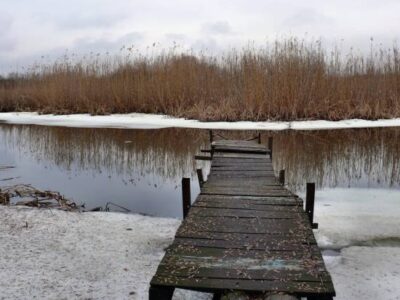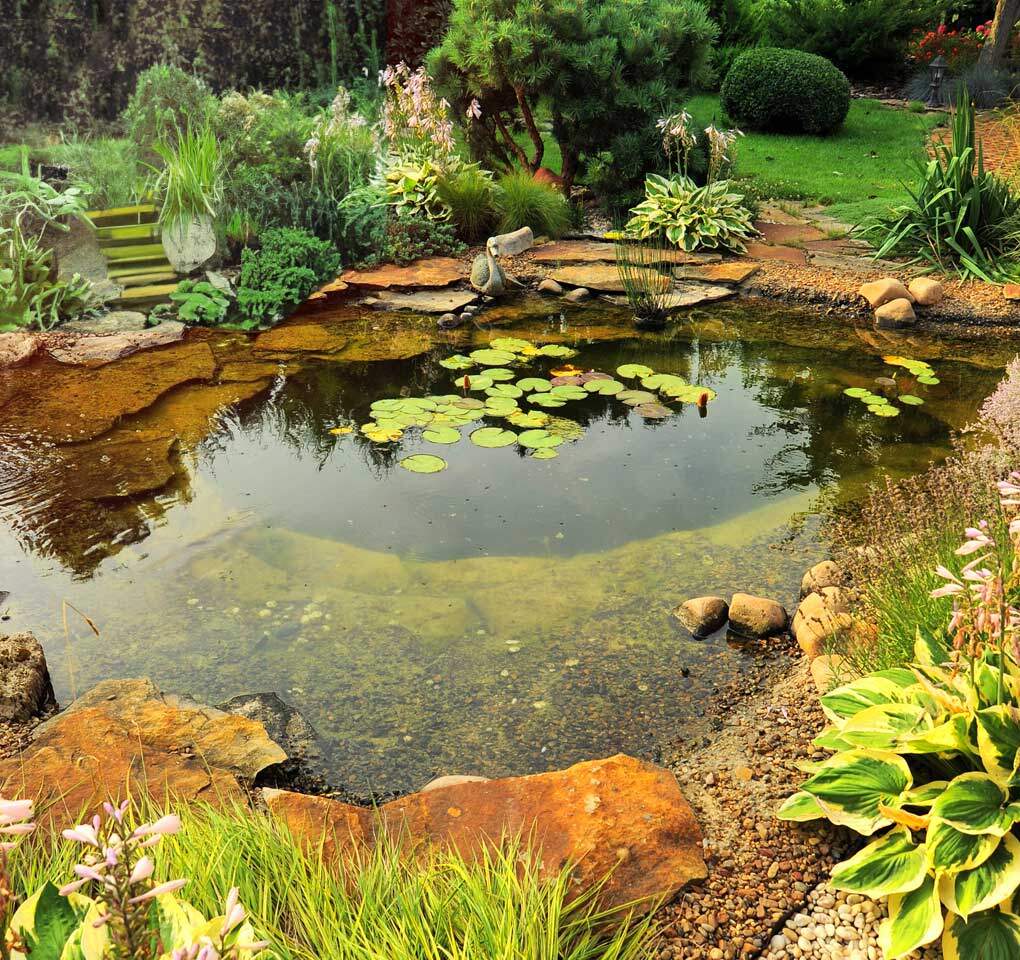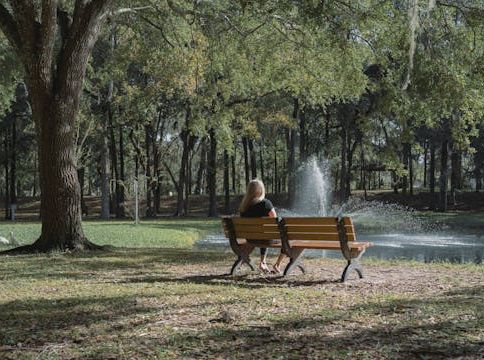Winter Fish Kill Prevention for Pond Owners
Winter in Upstate New York and Northern Pennsylvania can be a beautiful and exciting time of year but if you’re a pond owner it can also be a very troublesome time of year. A beautiful collection of koi and goldfish can all be destroyed by a winter fish kill. Winter fish kill occurs primarily when there is a lack of oxygen in the water. The most common reasons for oxygen depletion in lakes or ponds over winter are a buildup of organic debris decomposing on the bottom or a thick layer of ice or snow that prevents photosynthesis from occurring or both.
 As lakes and ponds age they begin to collect organic debris. Organic debris can come from sources within the lake or pond and from outside of the pond. Water plants contribute to organic debris each season as old leaves and stems die back and fall into the water. Fish and animal waste is another source of organic debris that comes from within the pond. External sources include leaves and branches from trees, plant pollen and run-off during rain events. As organic debris decays it consumes a lot of oxygen in an already low oxygen environment. If that demand is greater than the amount of oxygen that is mixed back into the water winter fish kill is likely to occur.
As lakes and ponds age they begin to collect organic debris. Organic debris can come from sources within the lake or pond and from outside of the pond. Water plants contribute to organic debris each season as old leaves and stems die back and fall into the water. Fish and animal waste is another source of organic debris that comes from within the pond. External sources include leaves and branches from trees, plant pollen and run-off during rain events. As organic debris decays it consumes a lot of oxygen in an already low oxygen environment. If that demand is greater than the amount of oxygen that is mixed back into the water winter fish kill is likely to occur.
Although the metabolic rate of fish and animals in lakes and ponds slows down when the water is cold respiration of plants, fish and pond animals still occurs over winter. Submerged water plants convert carbon dioxide to oxygen during photosynthesis. When a thick layer of ice or a heavy snow load forms on top of the lake or pond sunlight does not penetrate down to the submerged water plants and the plants don’t make oxygen. A heavy snow load or thick layer of ice will also prevent wind action from mixing oxygen from the atmosphere into the water. When the oxygen levels finally get too low winter fish kill occurs.
These conditions are common in older ponds and in koi and goldfish water garden ponds. For large ponds and very large koi ponds we recommend using a combination of beneficial bacteria treatments over the summer to specifically target and reduce organic debris from decaying on the bottom of the pond. For water garden koi ponds and goldfish ponds we recommend a fall cleanout to physically remove organic debris as well as trimming plant foliage back to reduce decaying material.
Using aeration in your pond or water garden will keep a hole in the ice over winter. Aeration keeps enough turbulence on the surface of the water to keep it from freezing. It also is constantly mixing oxygen back into the water while allowing harmful gases to leave the water. Keeping a hole in the ice allows sunlight to penetrate far enough for plant photosynthesis which will also add oxygen back into the water.
A few measures of prevention can go a long way in protecting your aquatic environment. Beneficial bacteria treatments and trimming plants will reduce the amount of organic material decaying and consuming oxygen. Aeration will allow oxygen to mix into the water and allow sunlight penetration for photosynthesis. Follow these simple steps and winter fish kill can be one less thing to worry about this winter.





